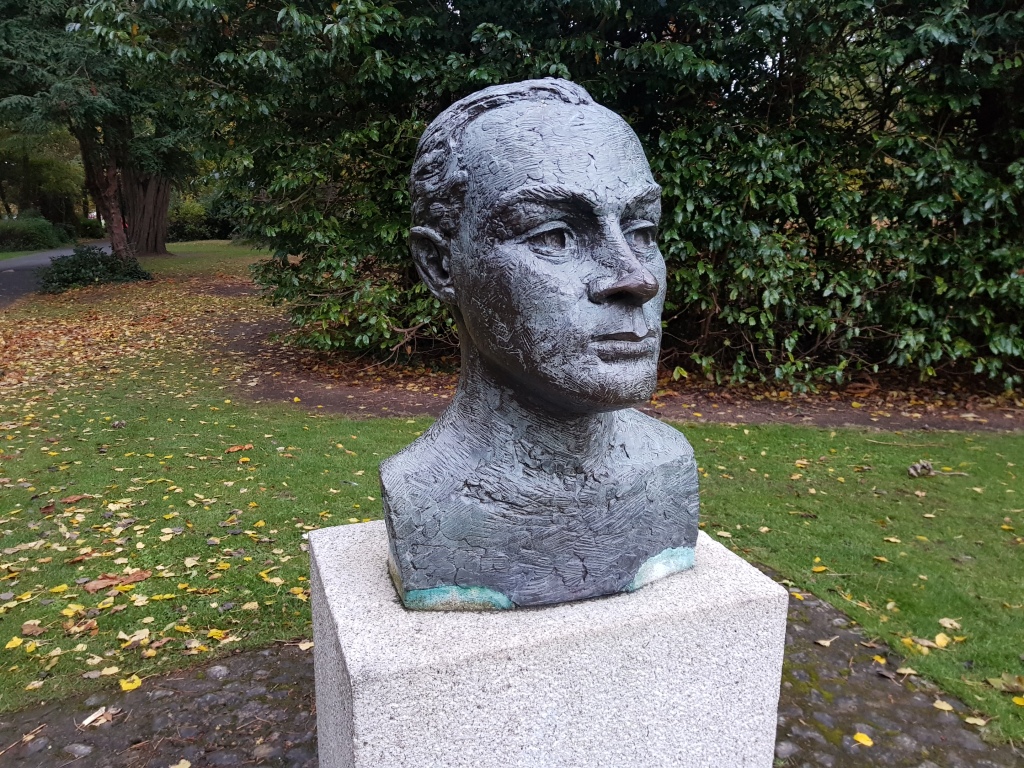Ireland could make an awful lot more of its rich philosophical heritage. Dysart Castle, near Thomastown, Co Kilkenny is the childhood home of George Berkeley (1685-1753). Today it’s a ruin, and in danger of collapse, according to conservationists. It is also difficult for any member of the public to see. The Nore Valley Walk from Thomastown to Inistioge takes you close by the castle but it wasn’t visible from the path due to the thick forest of trees bordering it. (One is tempted to re-frame his famous question: If a castle falls in the woods, and no one sees it, did it happen?)
Another site associated with Berkeley is St Paul’s Church on North King Street in Dublin where the philosopher was consecrated as bishop of Cloyne in 1734. Ken McCue, a heritage campaigner in north Dublin city who works with Sport Against Racism Ireland, has been lobbying for years for a plaque to be erected on the church, which now operates as an enterprise centre.
Since learning that Berkeley owned slaves while on missionary work in America, McCue is “in two minds” as to whether to keep pushing for the plaque but, having grown up in a Church of Ireland family in a predominately Catholic Republic he is conscious of the way sectarianism saw certain figures written out of Irish history. Noting how Protestant culture became less visible in inner city Dublin in his own lifetime, he says: “I used to call it a bloodless genocide.”
For more sites of philosophical interest in Ireland see: https://www.irishtimes.com/culture/short-of-staycation-ideas-try-a-pilgrimage-to-irish-philosophy-sites-1.4625625 Such sites of interest are being mapped by IrishPhilosophy.com at https://www.irishphilosophy.com/societies-clubs-summer-schools/






